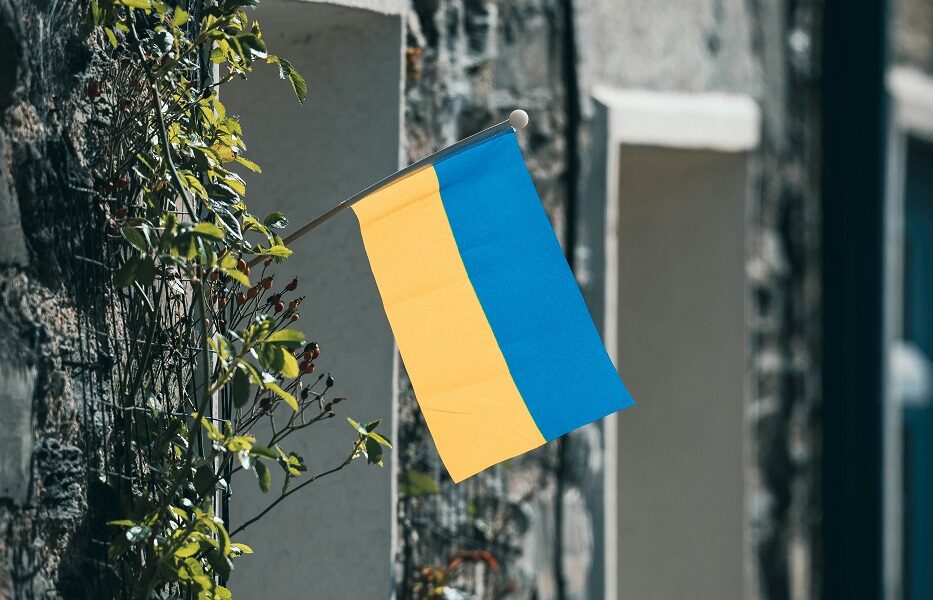Photo by Jonny Gios on Unsplash
As discussions on the future of the war in Ukraine intensify in Western capitals, one dangerous idea continues to resurface: the notion that peace might be achieved by conceding Crimea to Russia. This argument ignores international law and basic justice and risks undermining the security architecture Europe claims to uphold.
Crimea is not a symbol. It is not merely a peninsula on the map or a line to be redrawn in a diplomatic agreement. It is internationally recognised Ukrainian territory, as affirmed repeatedly by the United Nations General Assembly, including in resolutions 68/262, 73/263, and most recently 78/217. Accepting its illegal annexation by Russia would not bring peace. It would reward aggression—and embolden it elsewhere.
There is a growing temptation in some policy circles to view Crimea as a concession that could be exchanged for an end to hostilities. Such reasoning is flawed, both morally and strategically. Peace rooted in coercion or imposed on the victim of aggression is neither sustainable nor just.
Ukraine has made significant compromises in pursuit of peace. On March 25, Kyiv accepted a ceasefire proposal brokered by the United States. Since then, it is Russia, not Ukraine, which has violated the terms almost daily. To now suggest that Ukraine should make additional sacrifices, including territorial ones, only reinforces Moscow’s strategy of war as negotiation.
Europe must remember the lessons of the 20th century: appeasement in the face of aggression leads not to peace, but to further escalation. If the international community accepts the forceful redrawing of borders in Ukraine, it risks setting precedents that could destabilise Taiwan, the Balkans, the Caucasus, and beyond.
Crimea is not just about Ukraine. It is about the future of security in the Black Sea and the wider region. Since its occupation in 2014, the peninsula has become a heavily militarised launchpad for Russian operations: missile strikes on Ukrainian cities, threats to NATO allies like Romania and Bulgaria, and disruption of global shipping lanes.
If Russia retains control of Crimea, it will maintain a permanent strategic advantage over the Black Sea region and beyond. De-occupation is not a matter of national pride for Ukraine—it is a precondition for long-term stability across Eastern Europe and for NATO’s ability to deter threats on its southeastern flank.
Much has been made of Ukraine’s inability to defend Crimea in 2014. However, this misrepresents the facts. At the time, Ukraine was emerging from a political crisis, deliberately weakened by years of pro-Russian leadership under Viktor Yanukovych. The military was under-resourced, and Western allies were not prepared to offer meaningful support. Russia exploited this vacuum with a covert operation involving unmarked troops and psychological warfare.
Ukraine today is not the Ukraine of 2014. After over two years of full-scale war, it has transformed into a resilient and capable military force, defending its territory against one of the world’s most powerful armies. To dismiss its claim to Crimea now is to ignore the enormous sacrifices it has made for Europe’s shared security.
A truly durable peace must be based on international law, not on the interests of those who violate it. Any deal that excludes Ukraine or disregards its sovereignty is not a peace agreement; it is an invitation to future war. Crimea must not become a bargaining chip. It is a test of the West’s commitment to its principles.
To end this war in a way that prevents the next one, Europe must stand with Ukraine, not only in words, but also in defending the values on which the international order is built.




